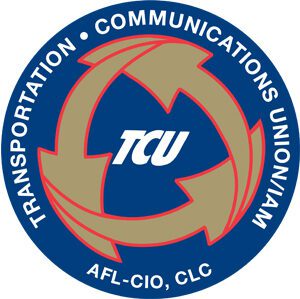The Burlington Northern Santa Fe Railway (BNSF) has recently petitioned the Federal Railroad Administration (FRA) for waiver from Federal railroad safety regulations regarding the testing and inspecting of air brakes and an exemption from statutory requirements regarding the movement of defective or insecure equipment. BNSF specifically requests this relief so that FRA will approve a five-year pilot program conducted on a segment of the BNSF system. BNSF maintains that this program will demonstrate that using wayside detectors in place of the currently required air brake tests will improve safety, reduce risks to employees, and provide cost savings to the industry.
The Brotherhood Railway Carmen (BRC) has joined with four other rail unions to oppose BNSF’s petition for waiver because the requested relief could endanger the safety of both railroad workers and the general public. Among other things, the unions specifically complained to FRA that while wayside technologies may in fact be a very useful tool for detecting certain safety defects, such technology should only be used in conjunction with the inspection regime now required and not in place of it. Moreover, hands-on, visual inspections include critically important tactile components such as pulling or pushing as well as olfactory components to validate whether detected conditions are compliant with FRA safety provisions. These are abilities that the wayside detectors clearly do not possess. “To say it plainly, comprehensive hands-on brake inspections such as what is now known as the Class I and Class IA brake tests have a long history of contributing to safety in the railroad industry and their use must continue” said BRC General President Rich Johnson.
Click here to view the BRC comments.
Click here to view the joint labor comments.

